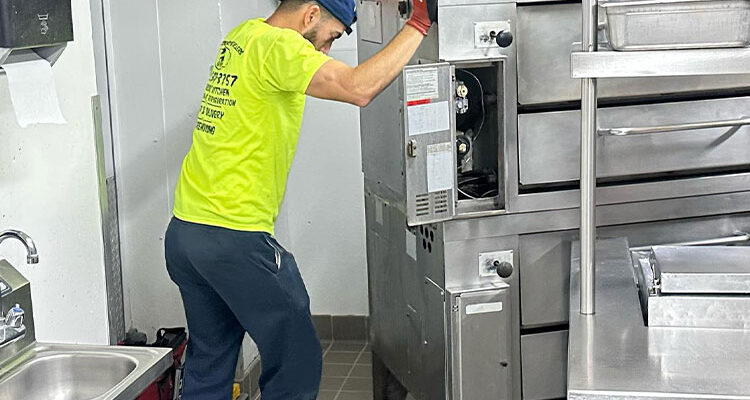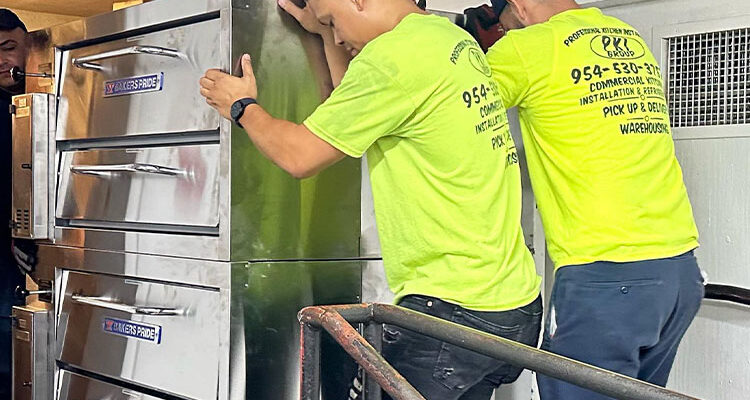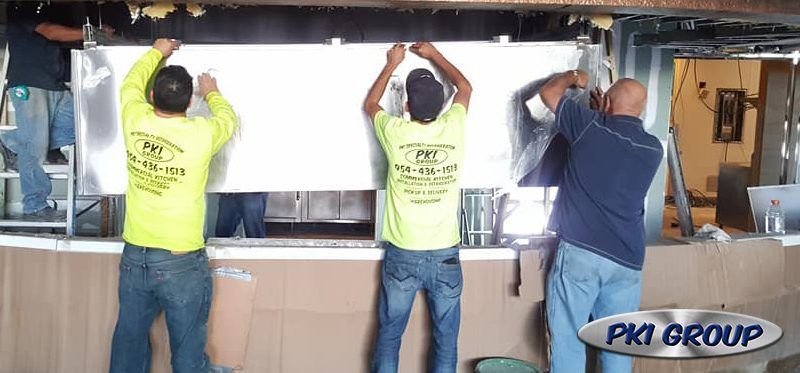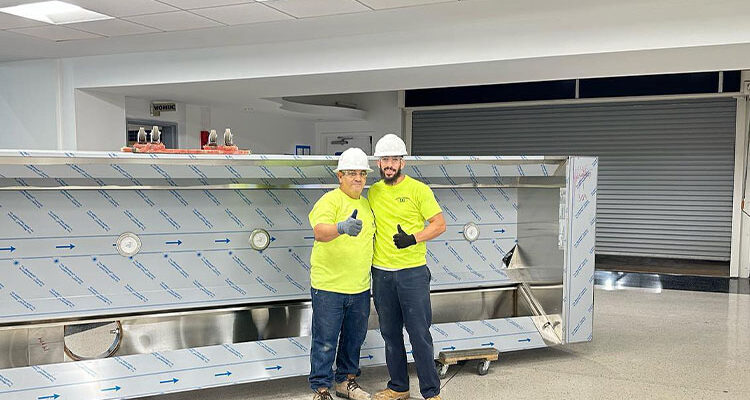Beyond the glamour of a bustling restaurant lies a realm where culinary magic is born – the commercial kitchen. Behind Commercial Kitchen Installations are delectable dishes served to eager patrons is a meticulously designed and expertly crafted kitchen space. Join us as we peel back the curtain and delve into the fascinating world behind the scenes.
Functionality Redefined:
At the core of every commercial kitchen installation is the pursuit of functionality. Every aspect, from the layout to the choice of equipment, is carefully curated to optimize efficiency and productivity. Cooks maneuver seamlessly between stations, ingredients are readily accessible, and workflows are streamlined to ensure a smooth culinary symphony.
Innovation Unleashed:
Innovative technologies revolutionize the landscape of commercial kitchens, ushering in an era of unprecedented efficiency and precision. From state-of-the-art cooking equipment to advanced ventilation systems, every innovation serves to elevate the culinary experience while minimizing operational hurdles. Embracing technology isn’t just a choice; it’s a necessity for staying ahead in an increasingly competitive industry.
The Heartbeat of Safety:
Safety stands as the cornerstone of every commercial kitchen installation. Robust fire suppression systems, adequate ventilation, and stringent adherence to health codes ensure a secure environment for both staff and patrons. Beyond compliance, a commitment to safety fosters trust and confidence, essential ingredients for any successful culinary venture.
Adaptability in Action:
The ability to adapt to changing demands is a hallmark of a well-designed commercial kitchen. Installations are crafted with versatility in mind, allowing for seamless adjustments as menus evolve or operational needs shift. Modular designs and flexible layouts empower chefs to navigate changing landscapes with ease, ensuring that the kitchen remains a dynamic hub of culinary creativity.
Crafting Experiences:
Beyond functionality and efficiency, commercial kitchen installations are a canvas for crafting unforgettable dining experiences. Thoughtful design elements, from ambient lighting to sleek finishes, elevate the kitchen from a mere workspace to a culinary sanctuary. Every detail is meticulously curated to immerse patrons in a multisensory journey, where the magic of food comes to life.
The PKI Group
In essence, commercial kitchen installations are the unsung heroes of the culinary world, where functionality, innovation, safety, adaptability, and experiential design converge to create culinary masterpieces. As we celebrate the artistry behind every dish, let’s not forget to pay homage to the meticulously crafted kitchens that make it all possible. Call The PKI Group 954-530-3757




